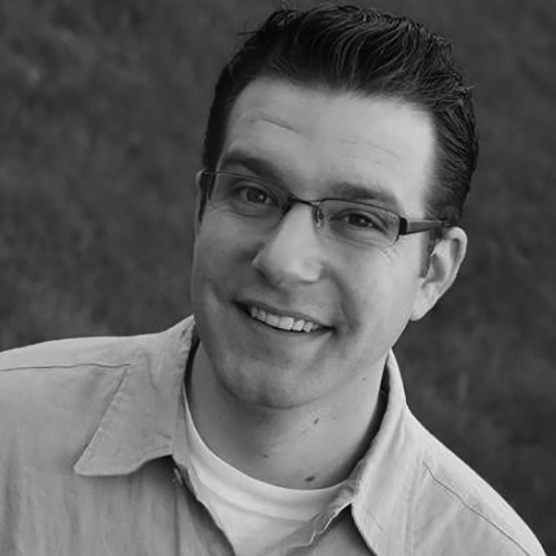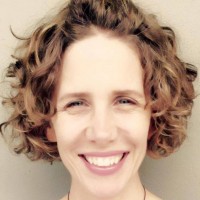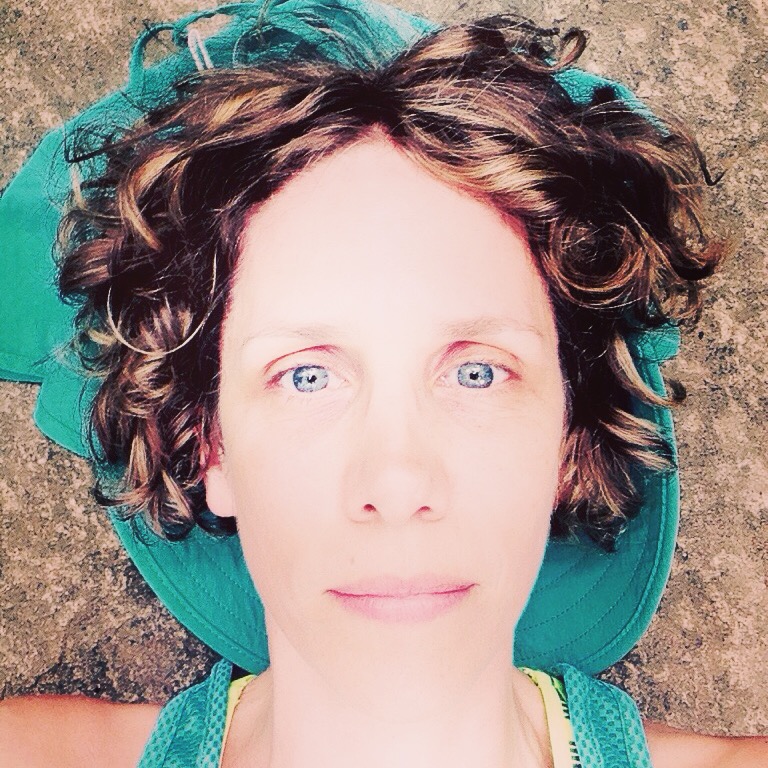Tim Eberle is a New York based writer and comedian, like everybody else who lives in Brooklyn. His writing and performances have appeared in McSweeney’s, Splitsider, DNAinfo, the Santa Fe Literary Review, Jewish Life Television, Jewlicious.com, Heeb Magazine, and The Madcap Review, among others. Most recently, he was seen performing at the Peoples Improv Theater in “I Am Not A Man: A One Sort-of-Man Show” (a sad show, which he wrote alone), and in the sketch review “Sad Men And The People Who Love Them” at Theater 99 in Charleston, South Carolina. Read more at timeberlecomedy.com
Eckleburg: What drives, inspires, and feeds your artistic work?
Tim Eberle: I think that my work is largely defined through my taking the inconsequential seriously. Because the true stuff of life is found in the mundanity of it all. After all, things are only “mundane” because those things are repressively relatable. And – at the risk of alienating anyone reading this with the pretension dripping from the following rhetorical – what better subject is there than the “repressively relatable”? I like to work from the inside out – starting with the first-person-confessional and eventually moving on to an exploration of the larger context.
Eckleburg: If you had to arm wrestle a famous writer, poet or artist, either living or dead, who would it be? Why? What would you say to distract your opponent and go for the win?
Tim Eberle: Like anyone who has ever pushed through the entirety of Gravity’s Rainbow, I’d love to settle into an arm wrestling match with the great Thomas Pynchon. My motivation there is partly due to the incredible respect that I have for the man (and the pursuant desire to express that respect through a wordless contest of physical strength), and partly due to the fact that I truly believe that anyone who has written something as incomprehensible as Gravity’s Rainbow probably deserves to get his arm twisted at least a little bit. Plus, I think it would be an easy win. There’s so much physics involved in arm wrestling that I assume he would be immediately distracted and forfeit the match so that he could go off and immerse himself in thoughts of parabolas. (Besides, the whole “recluse” thing basically ensures that, even if I were to lose, chances are decent-to-good that no one would ever find out about it anyway.)
Eckleburg: What would you like the world to remember about you and your work?
Tim Eberle: I’d like the world to remember that I once arm-wrestled Thomas Pynchon and won. I’d also like the world to remember that there was once a time when words mattered, when nuance was celebrated, when brevity was not synonymous with quality, when articles were more important than headlines, when questions were common and answers were fluid. (But mostly that I was stronger than Thomas Pynchon.)
Eckleburg thanks Tim Eberle for sharing his Selfie Interview with us. Read more about Tim Eberle.
Do you have new work published here at Eckleburg or elsewhere? Add your Selfie Interview and share the news with our 10,000+ reading and writing community. If you have a new book out or upcoming, join our Eckleburg Book Club and let our readers know about it.





